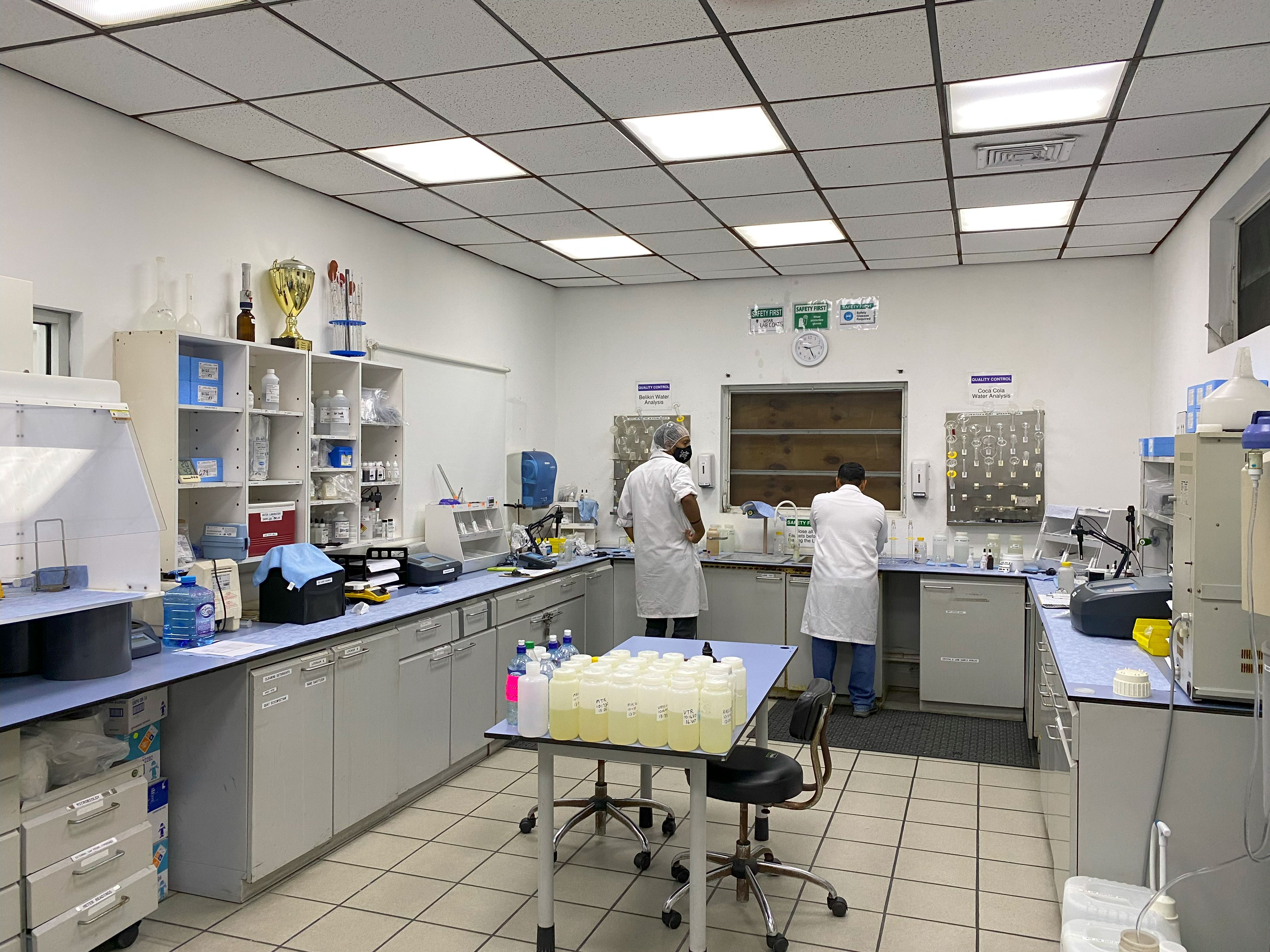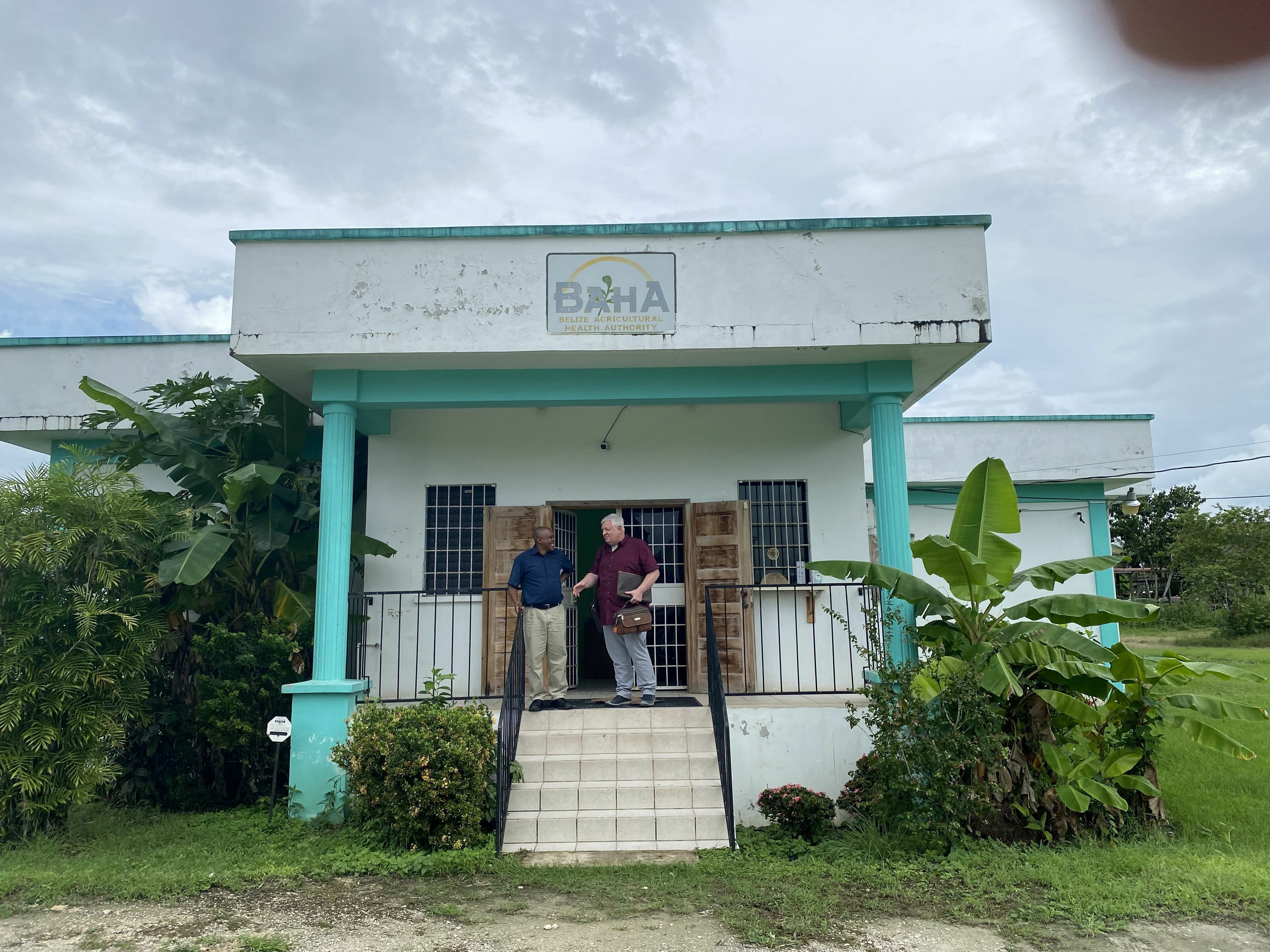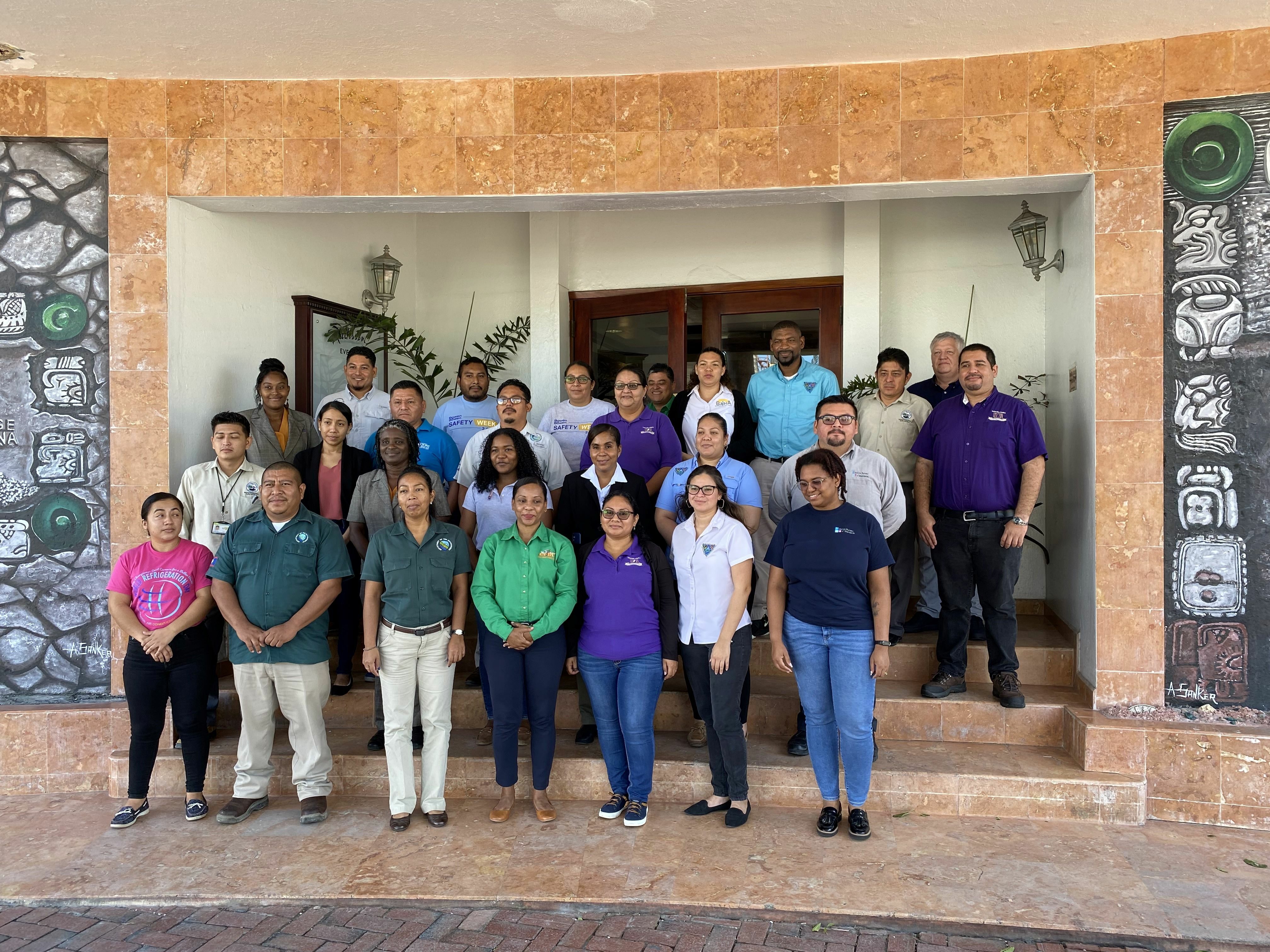Comprehensive Support
SYTECH offers support and development with a mature, integrated Quality Management System (QMS) and Information Security Management System (ISMS), based on a systematic standards-based approach to managing sensitive data.
Our consultancy covers all critical aspects, including Access Control, Data Processing, Software Control, Data & Systems Backup, Business Continuity & Disaster Recovery, Acceptable Usage, Data & Asset Disposal, Password & Encryption Key Management, and more.
Support in any phase of your journey:
Determination of requirements: We personally achieved this initially using an external contractor/consultant. However, it was soon realised, in response to the volume of preparatory work required, that a full-time Quality Manager was required to facilitate the journey.
Setting up the policies, procedures & gathering evidence: This process initially took SYTECH over 12-months to set up one of its main laboratories. Our own approach was a stepped progression, firstly gaining accreditation for one site and discipline, then working in stages through the four remaining sites – a process that took nearly four years. This was a five-year journey from conception to completion of SYTECH’s first UKAS cycle.
Maintaining accreditation: Once successfully accredited, continual work is required to ensure that we maintain adherence to the stringent standards. This is reviewed when UKAS conduct annual inspections, in addition to unannounced inspections.








